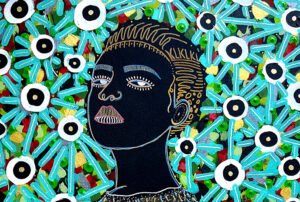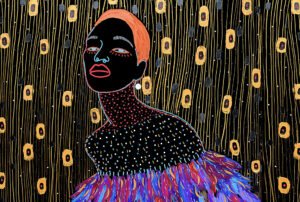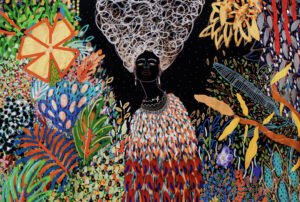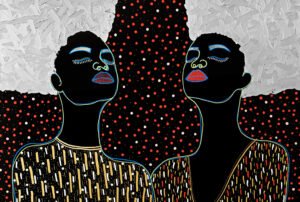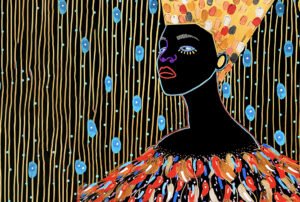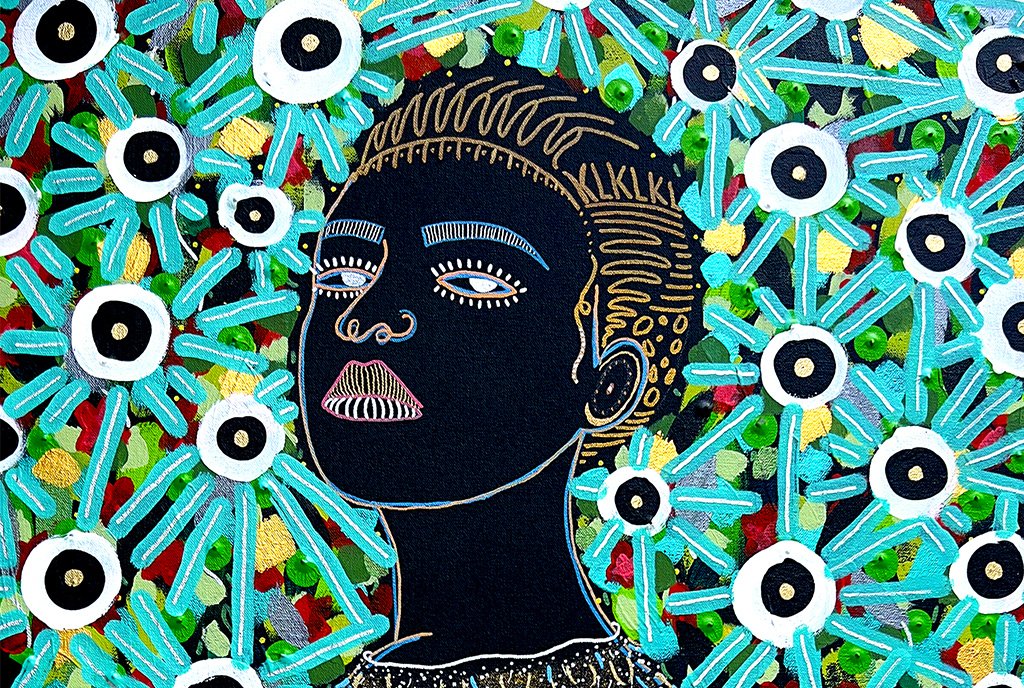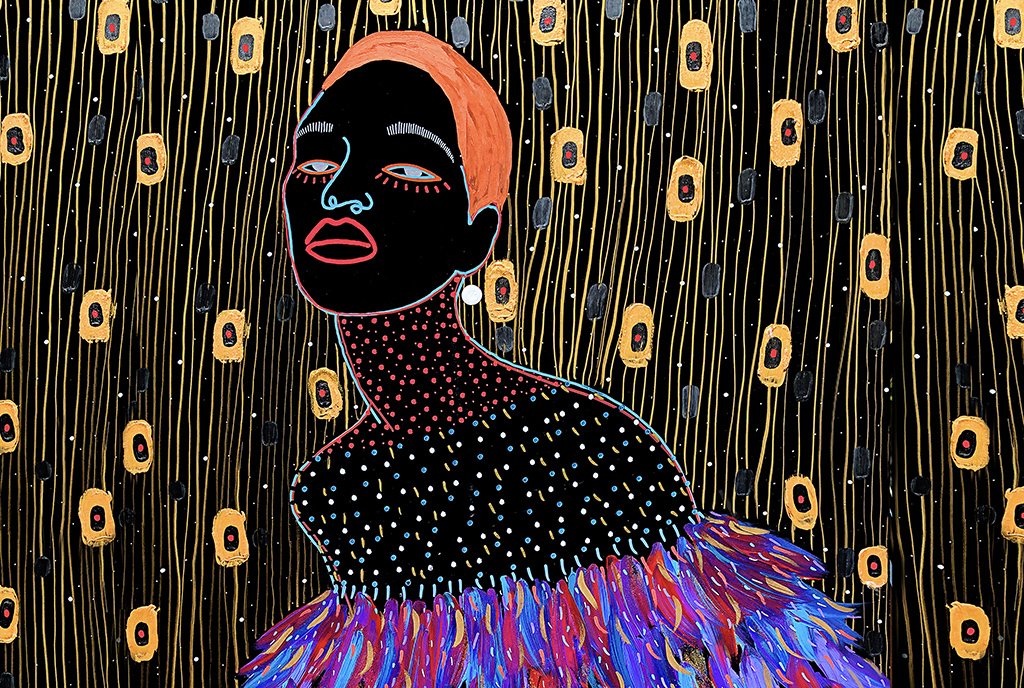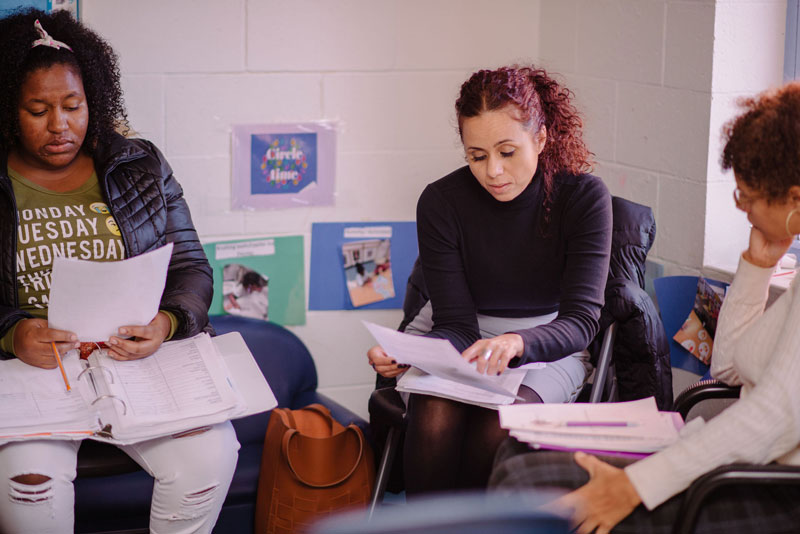
A decade ago, Maria Vertkin started Found in Translation, a Boston-based nonprofit that trains low-income, bilingual women to become professional medical interpreters. She had seen how her own father, an immigrant from Russia with limited English proficiency, was treated by medical providers in the US.
“It was heartbreaking,” she tells us, likening the experience to taking a pet to the vet. “You can’t ask the cat, ‘When did this begin?’ You can’t get the cat’s consent. So, your pet is going to be scared.”
Without a professional medical interpreter for her father, Vertkin says she had to advocate for him and for the “millions of other dads in the US who don’t have a fierce daughter who knows about language justice laws.”
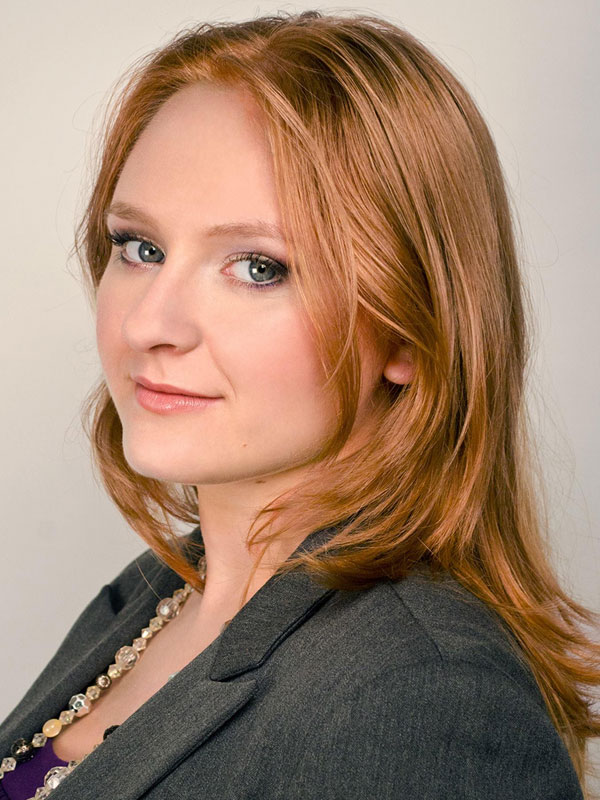
Vertkin explains that language justice means “that the world treats people fairly, regardless of what language they speak.” Her team of trained interpreters are often surprised that the medical students and providers they work with do not know that, according to US law, access to a medical interpreter is a right. Research shows, however, that over thirty percent of American hospitals don’t provide adequate translation services.
Found in Translation selects just a few dozen women every year out of the hundreds who apply. Vertkin says the program is highly competitive because the industry is competitive. “This is a hard skill to learn,” she says. “A lot of it is not intuitive, and it’s a hard field to get into.” However, the training provides an important step up on the economic ladder for immigrant women.
“Every single woman who’s been through our program is just super-duper smart, super-duper motivated, and very driven,” Vertkin says. “Whether it’s by passion for social justice or to improve her own circumstances, that drive is there.”
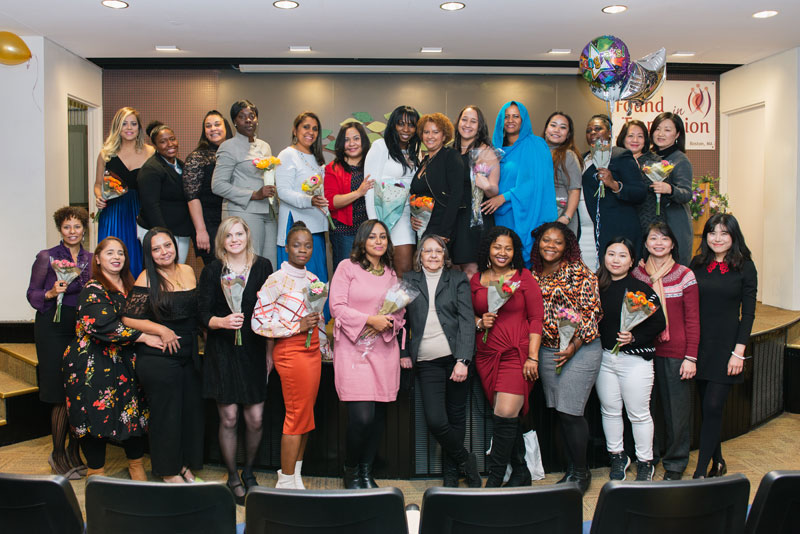
Listen to our latest Tiny Spark podcast to meet some of these women, like:
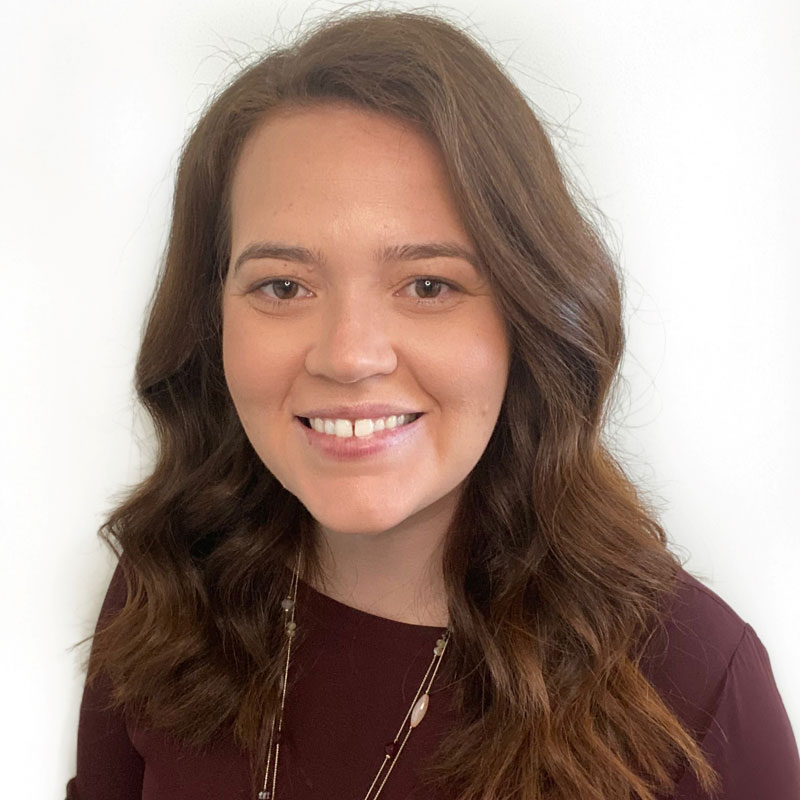
Sign up for our free newsletters
Subscribe to NPQ's newsletters to have our top stories delivered directly to your inbox.
By signing up, you agree to our privacy policy and terms of use, and to receive messages from NPQ and our partners.
Sara Paiva, who moved to the US as a child from Brazil.
“Sometimes, when you see a patient, and as soon as you start talking in their language and just introducing yourself, you can see their faces relax. And I think my experience helps me so that I can understand. I have a lot of compassion for my patients, and I have a lot of patience with them. And I try to do the best job I can because I know how important being there is for them.
“I had a medical experience when I was here, still as a teenager, and I remember not knowing what the doctors were saying. And my mom did not know what doctors were saying…so it’s just like knowing that someone else doesn’t have to go through that because you’re there.”
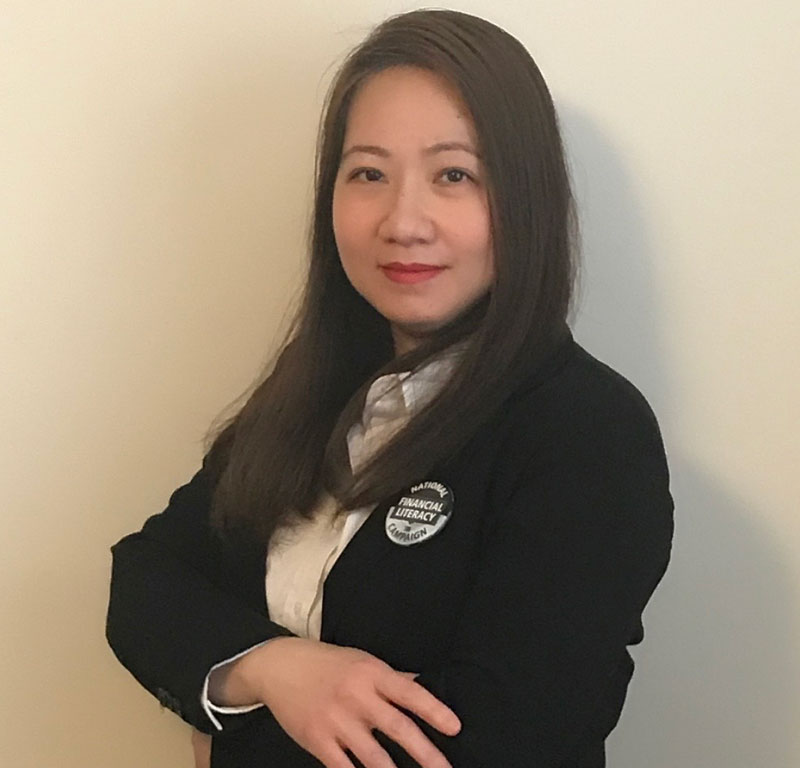
Thuy Patrician, who arrived from Vietnam when she was twenty.
“After I graduate, my pay is getting much better, you know, the hours, I work less. But I have more financial security than before and I’m able to spend more time with my son. He’ll say, ‘Now we have time to talk more.’ I do things with him more now. He’ll say, ‘Mom, you’re not going to work?’ I say, ‘Yeah, I’m going to work. But you know, let’s spend some time.’”
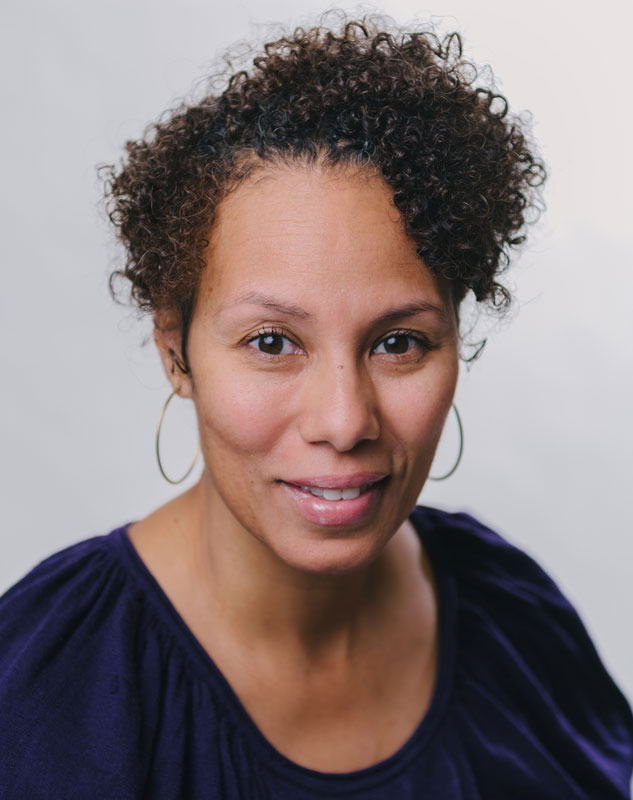
Richelle Amado, who was born in America but hails from Cape Verde.
“The one thing I love about interpreting is there’s always something that keeps you humble in this line of work. You never get to a point where you say, ‘I got it all. This is great. I’m just sitting on top of the world.’ But overall, yes, I feel good about what I’m doing. I definitely do…It does add to the level of how you feel about yourself.”
Photo Credits: All images credited to Found in Translation.
Cover Image: “Medical interpreters in training at Found in Translation”
ADDITIONAL RESOURCES:
- Gisela Salomon, Claudia Torrens, and Anita Snow, “Latinos face barriers like fear, language in getting vaccine,” Associated Press, February 16, 2021.
- Seraphina Seow, “This Nonprofit Wants to Combat Health Inequities by Training Medical Interpreters,” WELL + GOOD, February 5, 2021.
- Sharda Sekaran, “Language Is Power: 5 Action Steps for Communicating in a Multilingual World,” Nonprofit Quarterly, February 3, 2021.
- Howard Husock, “The Immigrants Doctors Want: The Need For ‘Medical Interpreters,’” Forbes, August 27, 2015.
- On Twitter: Maria Vertkin and Found in Translation



